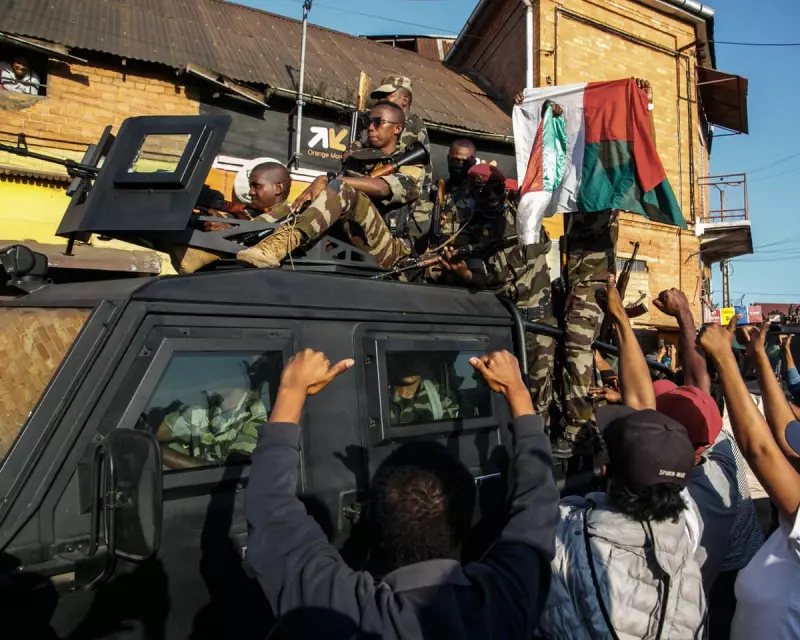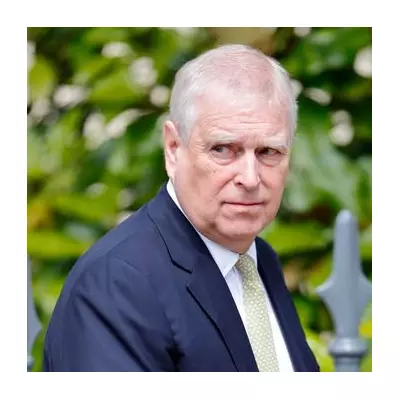
Madagascar's political crisis has dramatically intensified as elite soldiers from the prestigious CAPSAT unit have broken ranks to join swelling anti-government protests, creating one of the most serious challenges to President Andry Rajoelina's leadership.
Military Defection Sends Shockwaves
In a stunning development that has shaken the foundations of Madagascar's government, approximately twenty soldiers from the Corps d'armée de la protection et de la sécurité de l'administration territoriale (CAPSAT) appeared among thousands of demonstrators in the capital Antananarivo. These highly trained personnel, typically responsible for protecting senior officials and critical infrastructure, instead stood shoulder-to-shoulder with citizens demanding presidential accountability.
The soldiers' public declaration of support for the protest movement represents an unprecedented breach in military discipline and signals deepening fractures within the state security apparatus. Eyewitnesses reported seeing the uniformed personnel being cheered by protesters as they joined the massive gathering.
Protest Movement Gains Critical Momentum
The demonstrations, organised by a coalition of opposition parties and civil society groups, have been building for weeks but reached a new crescendo with the soldiers' participation. Protesters are demanding President Rajoelina's immediate resignation, citing his failure to address the country's escalating economic crisis and widespread poverty.
Organisers claim that Saturday's protest attracted tens of thousands of participants, making it one of the largest anti-government gatherings in recent Malagasy history. The atmosphere in Antananarivo remains tense, with security forces maintaining a heavy presence throughout the city centre.
Government Response and International Concern
The defence ministry has confirmed that the participating soldiers have been "removed from their duties" and face disciplinary proceedings. However, this response appears to have done little to calm the situation, with protest leaders vowing to continue their demonstrations until their demands are met.
International observers have expressed growing concern about the stability of the Indian Ocean nation. The African Union and regional bodies are reportedly monitoring the situation closely, with diplomatic sources indicating that behind-the-scenes efforts are underway to encourage dialogue between the opposing sides.
Broader Implications for Malagasy Democracy
This military dissent occurs against a backdrop of prolonged political tension in Madagascar. President Rajoelina, who first came to power following a 2009 coup and was re-elected in 2023, has faced persistent accusations of authoritarian tendencies and failure to improve living standards in one of the world's poorest countries.
The participation of elite security forces in anti-government protests raises fundamental questions about the administration's ability to maintain control. Analysts suggest that if the military fracture widens, Madagascar could be facing its most severe political crisis in over a decade.
As night fell on the capital, the situation remained volatile, with both protesters and government forces digging in for what many fear could be a prolonged and potentially violent confrontation over the future direction of the country.





